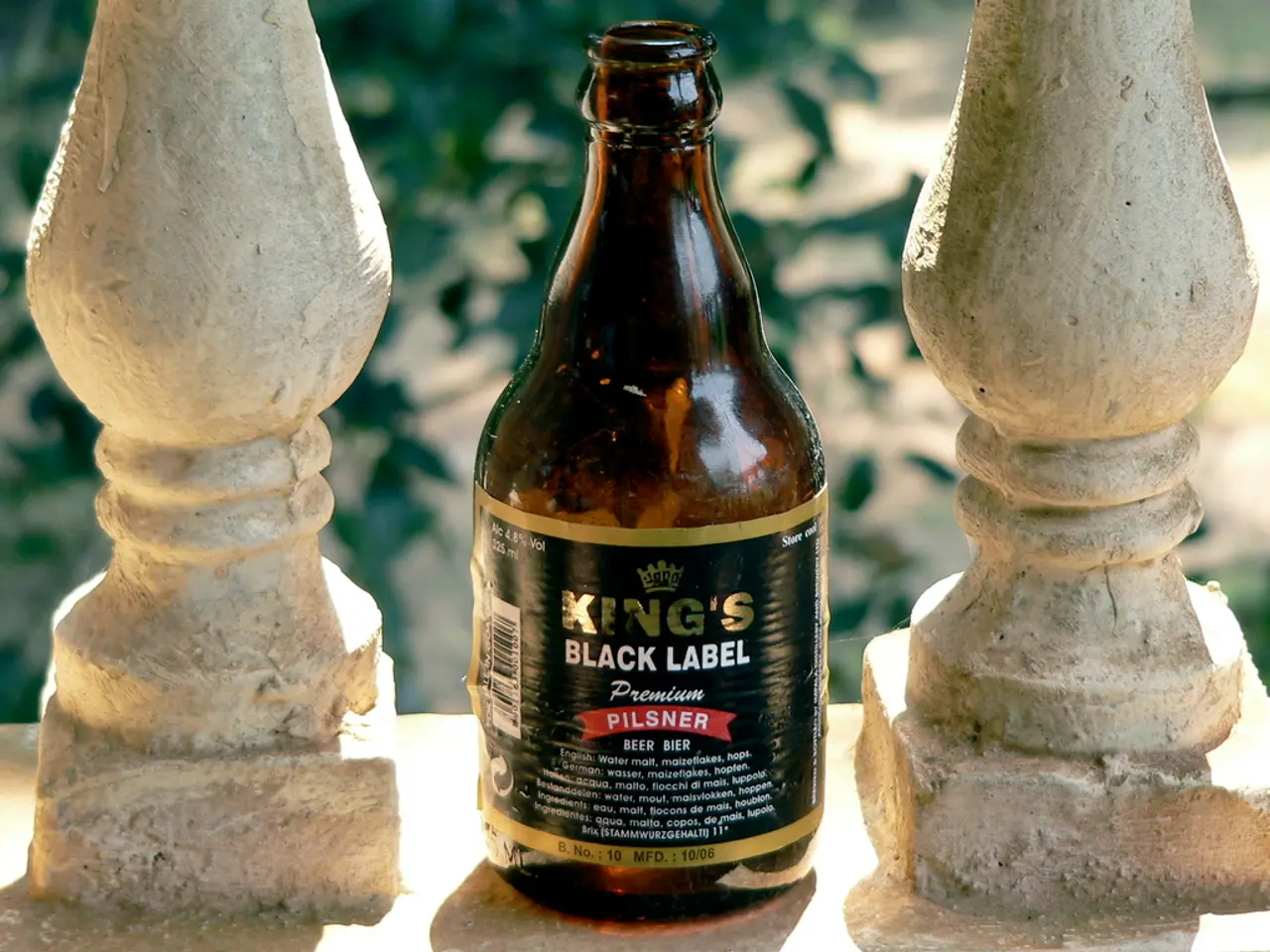Threat to Online Alcohol Deliveries in Kenya Rudiments Potential Disruption to Weekend Plans
In Kenya, regulators are considering a ban on alcohol delivery and online sales as part of a broader public health strategy to reduce alcohol abuse. However, this potential ban could have significant negative impacts on the digital economy, small businesses, and gig workers.
Impact on the Digital Economy
The ban would eliminate a growing segment of e-commerce related to alcohol, curtailing online platforms that facilitate these sales. This move would reduce business for digital retailers and potentially stifle innovation in online retail and delivery services.
Impact on Small Businesses
Small retailers, particularly those relying on online orders and delivery services to reach customers, will lose a vital revenue stream. The ban also restricts sales in supermarkets, petrol stations, restaurants, and residential areas, closing numerous traditional and digital sales channels. Many small businesses have adapted to the post-COVID trend of online delivery, and this regulatory shift could uproot these new business models, potentially causing losses and closures.
Impact on Gig Workers
Delivery riders, who depend heavily on alcohol deliveries for income, face sudden unemployment or reduced earnings. Since alcohol delivery is a popular weekend job for many riders, the ban risks sending them "home without notice" and destabilizing their livelihoods.
The proposed ban isn't just affecting the convenience for customers, but it's a lifeline for delivery workers and a significant part of their weekly schedules. In the UK and parts of the US, delivery drivers are trained to check ID when delivering alcohol. Small creators can also earn between $300 to $2000 a month through paid alcohol-related posts. A ban on such endorsements could wipe out their niche.
The government is also proposing to ban influencers, sportspeople, celebrities, DJs, TikTokers, models, and podcast hosts from endorsing, promoting, and advertising alcoholic drinks. They are planning to create no-alcohol zones around schools, churches, and residential areas.
The rise in online alcohol delivery in Kenya has been significant since the COVID-19 pandemic, driven by the convenience of digital platforms and the increasing use of delivery services. Platforms like Glovo, major supermarket chains, and numerous small alcohol vendors now offer alcohol deliveries under 45 minutes. According to NACADA, 13% of Kenyans between 15 and 65, roughly 4.7 million people, consume alcohol. The heaviest usage of alcohol is among 18- to 24-year-olds.
As regulators introduce time-based delivery limits and licensing for online sellers in other countries after years of alcohol bans, Kenya could do the same to avoid pushing alcohol out of regulated spaces and encouraging the sale of counterfeits. However, the collateral economic effects on digital platforms, small vendors, and gig workers are significant and could undermine gains in Kenya’s digital economy and informal sector employment.
References: [1] The Star, "Alcohol delivery services booming amid COVID-19 pandemic," https://www.the-star.co.ke/news/2020-04-18-alcohol-delivery-services-booming-amid-covid-19-pandemic/
[2] Business Daily Africa, "Kenya's fight against alcohol abuse," https://www.businessdailyafrica.com/politics/Kenyas-fight-against-alcohol-abuse/article-4959978
[3] The Standard, "Alcohol delivery ban to hit gig workers hard," https://www.standardmedia.co.ke/business/article/2001409262/alcohol-delivery-ban-to-hit-gig-workers-hard
[4] Nation, "Kenya's alcohol delivery services booming amid COVID-19 pandemic," https://nation.africa/countries/kenya/news/kenyas-alcohol-delivery-services-booming-amid-covid-19-pandemic-1157682
Technology plays a crucial role in facilitating online alcohol delivery, benefiting digital retailers and innovative online services. A ban on alcohol delivery and online sales could significantly hinder technological advancements in these sectors.
The proposed ban on influencers promoting alcohol could impact the earning potential of small content creators, who rely on technology platforms to monetize their content through alcohol-related endorsements.




